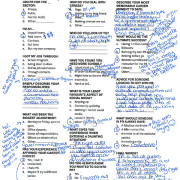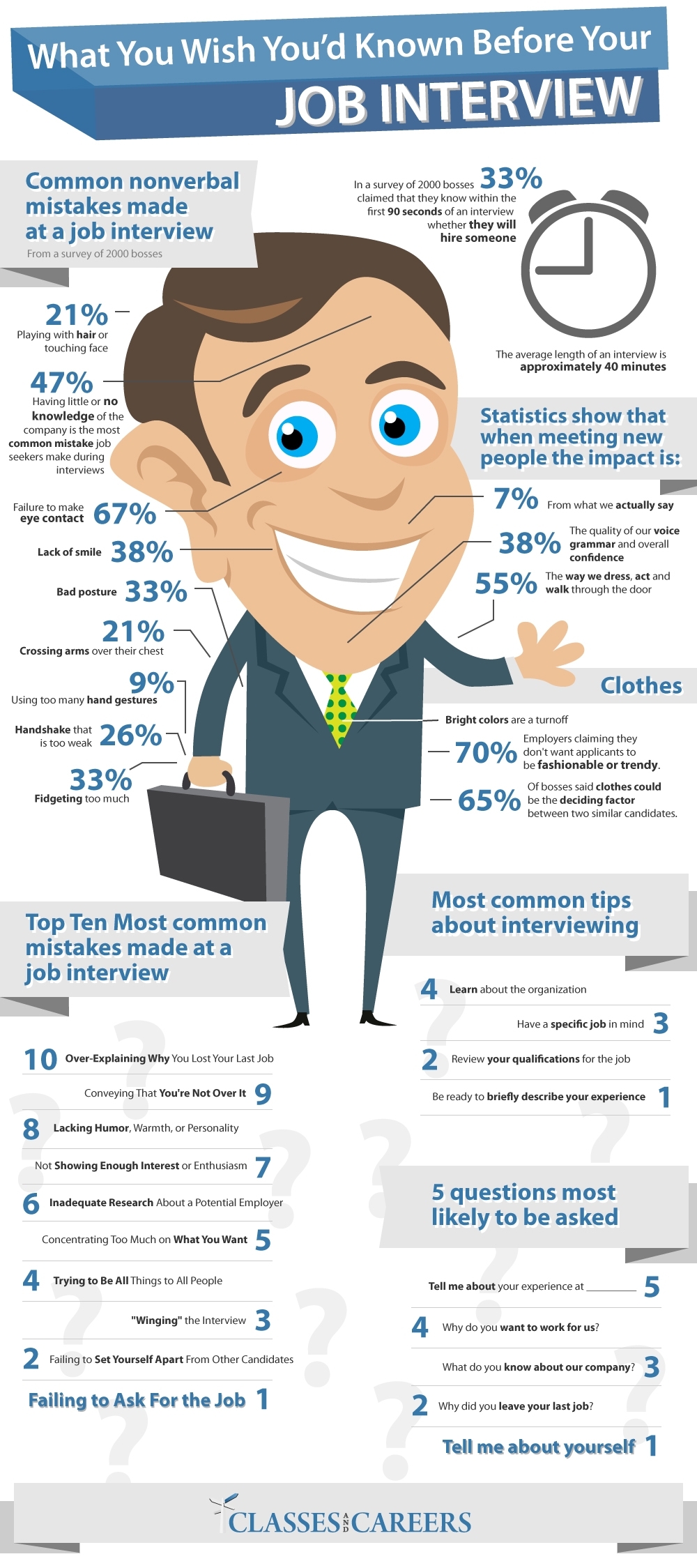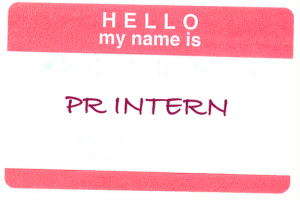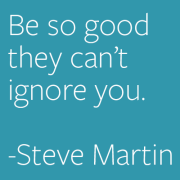How To Get A Job Right Out Of School
If there’s one thing I regret from my post-secondary days, it’s that I didn’t work an internship in the field of my choice while in school. Yes, things ended up working out – but I spent a lot of time soul searching and jumping from job to job without purpose. Perhaps an internship would’ve helped me focus and actually put some of what I was learning at school into context. Because let’s face it: school isn’t always the best way to learn.
I came across an article initially posted on PR daily back in September 2011. It has some great tips for people starting out in school, and how to maximize their time while not at class throughout the day. Have a look through these tips that are guaranteed to help in obtaining that coveted position out of school.
Work part time. Balancing school, social life, and a job will teach you time management. You’ll spend the rest of your life trying to strike a work/life balance, so the time to practice is now. You’ll make some money, gain experience, and still have time to party; you’ll also have to be more focused and disciplined when you focus on homework. If at all possible, make that job an internship related to your field. It’s never too early to gain relevant experience.
Attend (at least) one networking event per month. Join a student organization, attend an event hosted by a professional organization in your industry, attend a conference, arrange a lunch with a professor or mentor, travel to the city you want to live in when you graduate and meet with alumni from your school, attend a career fair—the options are endless. Try to schedule events to get you out of the house and into a situation to meet people with something in common.
Make time for fun. You know that as a student your top priority needs to be your schoolwork. Don’t slack on the grades. Work hard, learn as much as possible, and take college seriously. It will pay off once you hit the workplace. But make time for fun, too. Unfortunately, too many college students sacrifice their social lives to stay on top of overwhelming class workloads. Find a balance. Meet new people. Spend time with friends. After everyone graduates and parts ways, it’s harder to spend time together, so don’t waste the time you’ve got.
Find a mentor. Reach out to someone you think can give you good advice and will be able to teach you something about the career path you want to take. See if that person is willing to grab lunch, a drink, or have a phone call every few weeks or so to talk about current events, case studies, job advice, or anything else you think will help you along the way. Having mentors throughout your career will be valuable. It’s never too soon to start.
Go to an industry conference. Find out whether any conferences in your industry of choice are happening locally—or close enough to drive—and find a way to attend. If registration prices are out of reach for your professional development budget, contact the organizers to find out if there is a student rate or whether they might waive your registration fee if you help with the set-up or by checking in attendees. You can also ask a professor or student organization leader if they can help you find sponsorship to attend on the organization’s behalf and be prepared to come back and share what you learned. You will meet professionals in your industry, and you will probably gain valuable information from the speakers. It’s great fodder for interviews when you’re inevitably asked what you’ve done beyond your course work to prepare for a position.
Do something on your bucket list. Seriously, use your spring break to travel somewhere you’ve always wanted to visit, start that side project you’ve been meaning to get around to, learn a new skill, jump out of an airplane (with a parachute, please)—do something that will totally energize you to do what you want with your life.
Become a student of your industry. Learn about different agencies or companies you think you may want to work for. Learn who the big players are in the industry. Follow the news. Educate yourself about technologies and trends that will someday affect your work and your clients. Train yourself to be constantly learning about what will make you a more valuable employee.
Build a portfolio. Keep track of work you do along the way, and set it aside so you can easily build a portfolio when you need it. You don’t want to throw together a sloppy set of work samples you compile at the last minute when an interviewer asks for it. If you stay organized and create work with the intention of showing it to your potential future employer, you’ll have more options to choose from before you need them.













Leave a Reply
Want to join the discussion?Feel free to contribute!